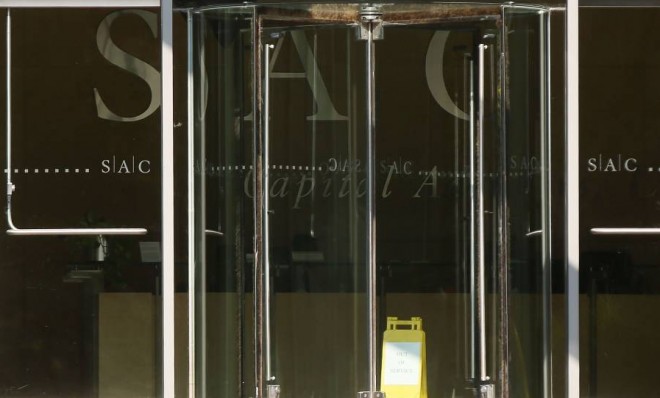Memo to Masters of the Universe: You are not above the law
The lessons of SAC Capital

A free daily email with the biggest news stories of the day – and the best features from TheWeek.com
You are now subscribed
Your newsletter sign-up was successful
Last week, the Office of the United States Attorney for the Southern District of New York announced the indictment of one of the largest hedge funds in the United States — Steve Cohn's SAC Capital. The indictment, the product of more than a decade of work, essentially accuses SAC Capital of operating as an unfathomably large criminal conspiracy to capitalize on inside information. In making this move, the Manhattan U.S. Attorney's Office sent a crackling shot across the bow of every single insider on Wall Street. The message: No one is above the law.
In the wake of the financial crisis, many populists openly demanded that Wall Street executives be prosecuted. While the anger driving these demands was understandable, the reality is that incompetence and greed are not (and should not be) criminal acts. Insider trading, however, is a whole different thing. Often labeled by the more cynical inside players on the Street as a "victimless" crime, insider trading is anything but. Indeed, no crime affects more average Americans than insider trading.
I am not talking about the individuals who find themselves on the other side of a trade motivated by inside information, or the inefficiencies that insider trading creates within a market by slanting the playing field, although these are very real consequences. But insider trading, left unchecked, also has a more insidious and frightening consequence: It erodes confidence in the fairness of the single egalitarian economic institution this country has. The New York Stock Exchange is one of the few places where intelligence and savvy always prevail over foolishness and poor judgment. And while you might not have the resources to do the analysis that JP Morgan does, every American with an internet hookup and enough money for a Wall Street Journal subscription can theoretically do their homework and have it pay off in cold hard cash.
The Week
Escape your echo chamber. Get the facts behind the news, plus analysis from multiple perspectives.

Sign up for The Week's Free Newsletters
From our morning news briefing to a weekly Good News Newsletter, get the best of The Week delivered directly to your inbox.
From our morning news briefing to a weekly Good News Newsletter, get the best of The Week delivered directly to your inbox.
Of course, I exaggerate a bit. The markets do have their fair share of sharks and suckers, and it will never be a perfectly even playing field. But when firms reap rewards for trading on inside information, the effect on public confidence as well on the operation of private markets is cancerous. For the public, the perception breeds a cynicism in the fairness of the law and raises troubling questions about whether or not they should invest their money at all. On the Street, individuals playing by the rules undoubtedly grow frustrated watching criminal behavior be rewarded so handsomely. If not policed, the corruption will spread, and spread rapidly. The observation that it can be done and not punished will lead more to do it, which in turn will lead many more to assume that everyone does it, which soon enough will lead to everyone actually doing it.
Which brings us back to why the indictment of SAC is so important. In the late 1980s, a corrupt culture not altogether unlike that which I just described actually existed on Wall Street, until the feds took down the biggest fish in the sea, Mike Milken, for building an empire at Drexel Burnham Lambert that made many millions of dollars by strategically violating the law. Milken went to jail, but his actual fate was far less important than the message the prosecution itself sent to the world: If the feds will go after Mike Milken, no one is immune.
The same message was sent last week with SAC Capital. While it does not appear that the government will indict Steve Cohn individually, it is very clear that Uncle Sam intends to extract a heavy, heavy financial and reputational price on a man who once made $900 million in a single year.
Let the message ring out to all the land: No one, and I mean no one, is above the law.
A free daily email with the biggest news stories of the day – and the best features from TheWeek.com
Jeb Golinkin is an attorney from Houston, Texas. You can follow him on twitter @jgolinkin.